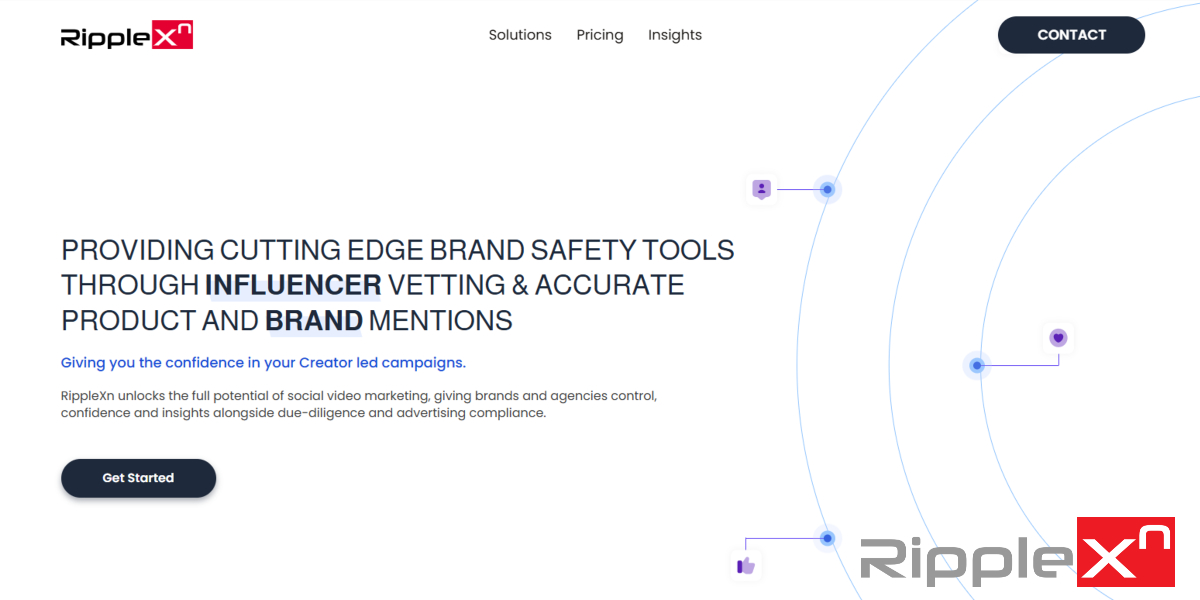The rise of social media has given birth to a new breed of celebrity — the influencer. They are social media users who have amassed a large following and have the power to influence the purchasing decisions of their followers. This has led to a surge in influencer marketing, where brands partner with influencers to promote their products.
But the question remains: should you trust products marketed by influencers? In this article, we’ll explore this topic and provide a balanced view.
Does it Matter?
Firstly, it’s important to establish whether this topic matters. The short answer is yes. Influencer marketing is a multi-billion dollar industry, and it’s growing rapidly. Consumers need to be aware of the potential risks and benefits of influencer marketing.
Balanced and Fair Showcase
One of the key factors to consider is whether influencers demonstrate and showcase products in a balanced and fair way. Influencers have a responsibility to their followers to provide honest reviews. If an influencer only showcases the positive aspects of a product and fails to mention any negatives, then this could be seen as misleading.
Disclosure of Commercial Relationship
Another important factor is whether influencers declare whether they have a commercial relationship with the brand. Advertising rules require influencers to disclose sponsored content, incentivized reviews, or affiliate relationships. If an influencer fails to do so, they could be in breach of the general advertising rules and the rules around "undisclosed advertising".
Entertainment and Brand Alignment
Influencers create content that is entertaining and engaging, and they often align themselves with brands that fit their personal brand. This can be seen as a positive thing, as it allows consumers to discover new products that they may not have otherwise known about. However, it’s important to remember that just because an influencer aligns themselves with a brand, it doesn’t necessarily mean the product is right for you and how it may compare to alternatives or even be available or legal in your country!
Comparison and Discovery
To get a true sense of a product’s value, it’s important to compare it with other products. Influencers who mention or reference other products in their content provide a more balanced view and help consumers make informed decisions. Additionally, influencer marketing can be a way to discover new ideas, products, and services.
Summary and Round Up
In conclusion, the answer to whether you should trust products marketed by influencers is a complex one. Influencer marketing has its benefits, but it also has its risks. Consumers need to be aware of the potential biases and conflicts of interest that exist within influencer marketing. As with all purchases, it’s important to do your research and make an informed decision.
Discover is good, but wider research before purchase is encouraged.
If you are a brand or an agency, talk to use about our services to empower your campaigns.






